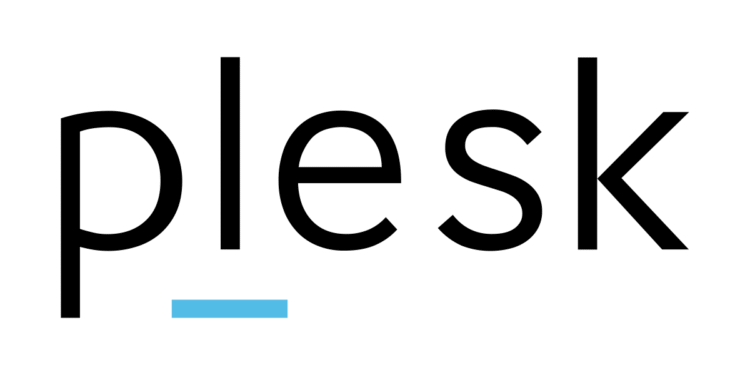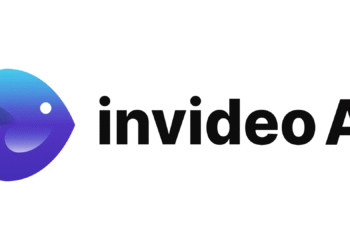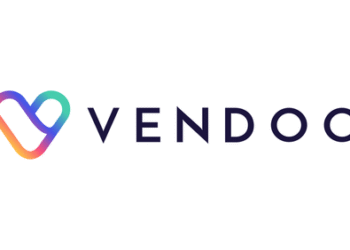Ever wondered how to manage multiple websites and servers without breaking a sweat? The answer lies in a powerful tool that simplifies web hosting and server management for professionals and businesses alike.
Plesk is an all-in-one web hosting control panel designed to streamline server and website management. It offers centralized control, robust security tools, and seamless cross-platform compatibility. Whether you’re a hosting provider, developer, or IT professional, Plesk caters to your needs with precision.
Adopted by major cloud providers like AWS and Google Cloud, Plesk ensures flexibility and reliability. Its AI-powered tools make WordPress management effortless, saving time and resources. Plus, with free trial options and partner programs, getting started is easier than ever.
In this article, we’ll explore Plesk’s standout features, its security capabilities, and how it adapts to various platforms. Ready to take control of your web hosting? Let’s dive in.
Key Takeaways
- Plesk simplifies server and website management with a centralized control panel.
- It offers advanced security tools to protect your data and applications.
- Compatible with multiple platforms, including AWS and Google Cloud.
- AI-powered tools make WordPress management efficient and hassle-free.
- Free trial options and partner programs make it accessible for all users.
What is Plesk?
Managing servers and domains can be complex, but there’s a tool that simplifies it. Plesk is a commercial automation software designed for Linux and Windows hosting environments. It provides a centralized platform for server configuration, domain management, and application deployment, making it a go-to solution for web professionals.
Introduction to Plesk
First released in 2001, Plesk has evolved into a robust solution for hosting providers and developers. Its core functionality includes tools for managing servers, domains, and applications, ensuring efficiency and scalability. The latest version, Obsidian 18.x, introduces monthly updates with new features and security enhancements.
History and Development
Plesk’s journey began with its acquisition by SWSoft in 2003, followed by a rebranding under Parallels in 2008. In 2017, it became part of the WebPros family, alongside cPanel and WHMCS. Key milestones include the launch of its Windows version in 2003 and the introduction of WordPress Toolkit 2.0 in 2017.
Today, Plesk operates globally with offices in seven countries, including Russia and Japan. It supports six languages, ensuring accessibility for a diverse user base. This global reach highlights its commitment to providing localized solutions for hosting professionals worldwide.
Key Features of Plesk
Looking for a way to streamline your web hosting tasks effortlessly? This control panel offers a suite of features designed to simplify server and website management. From a centralized dashboard to cross-platform compatibility, it’s built to meet the needs of hosting professionals and developers alike.

Centralized Control Panel
The centralized control panel allows you to manage multiple sites from a single interface. Whether you’re handling updates, monitoring performance, or onboarding clients, everything is streamlined for efficiency. This unified approach saves time and reduces complexity.
Expandable with 100+ Extensions
Enhance functionality with over 100 extensions. Integrate tools like Cloudflare CDN, Atomicorp WAF, and Backup to Cloud Pro for added security and performance. For WordPress users, features like staging environments and automated regression testing make site management seamless.
Compatibility Across Platforms
This solution works seamlessly across major platforms, including AWS, Azure, and DigitalOcean. It also supports virtualization technologies like VMware, Docker, and Kubernetes. Developers can enjoy full root access via SSH for custom installations, ensuring flexibility and control.
Security in Plesk
Keeping your websites and servers secure is a top priority in today’s digital landscape. With cyber threats on the rise, a multi-layered security architecture is essential to protect your online assets. This approach ensures comprehensive protection at the OS, network, and application levels.

Robust Site & Server Security
This solution offers built-in tools to harden your server and detect intrusions. Features like automated SSL implementation via Let’s Encrypt ensure secure connections for your websites. Real-time malware scanning with ImunifyAV keeps your data safe from threats.
Security Enhancements and Partners
Partnering with industry leaders like CloudLinux and Atomicorp, this platform delivers advanced security extensions. Tools like ModSecurity and Fail2Ban provide pre-tuned firewall rulesets for Apache and NGINX. Compliance features, including PCI DSS alignment and automated patch management, further enhance your security posture.
Conclusion
Streamlining web hosting and server management has never been easier. With its centralized control panel, extensibility, and enterprise-grade security, this solution simplifies complex tasks for professionals and businesses alike. Flexible license tiers, starting from 10 domains to unlimited, ensure cost-effectiveness for every user.
Take advantage of the free trial to explore its features firsthand or join the partner program for added benefits. Regular updates every six weeks keep the platform future-proof, making it a reliable choice for agencies managing 30+ WordPress sites. Migration support is also available for those transitioning from legacy versions.
Ready to elevate your web hosting experience? This tool offers the efficiency, security, and scalability you need to succeed.
FAQ
What is Plesk?
Plesk is a comprehensive web hosting control panel designed to simplify server and website management. It offers tools for hosting, security, and automation.
What are the key features of Plesk?
Plesk provides a centralized control panel, supports over 100 extensions, and works seamlessly across multiple platforms like Linux and Windows.
How does Plesk ensure security?
Plesk includes robust site and server security features, such as firewalls, SSL/TLS management, and partnerships with leading security providers for enhanced protection.
Is Plesk compatible with different operating systems?
Yes, Plesk is compatible with both Linux and Windows, making it a versatile solution for various hosting environments.
Can I extend Plesk’s functionality?
Absolutely. Plesk supports over 100 extensions, allowing users to add features like monitoring, backups, and advanced security tools.
Who can benefit from using Plesk?
Plesk is ideal for web hosting providers, developers, and businesses looking for an efficient way to manage servers and websites.





